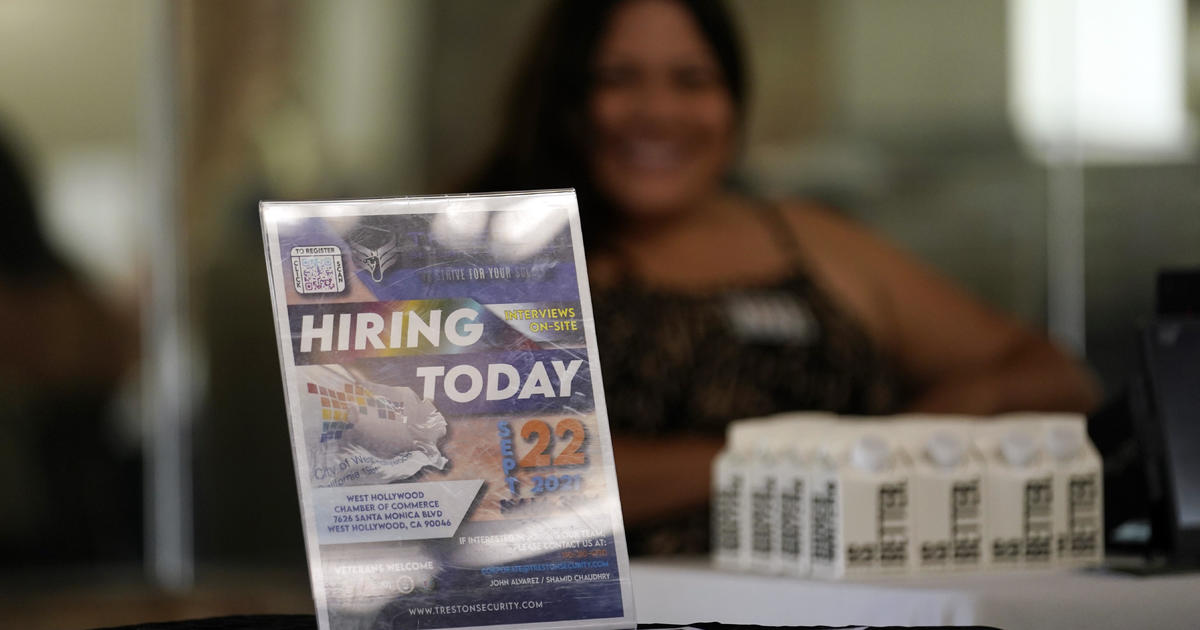Consumers Losing Money Through "Grey Charges"
MIAMI (CBSMiami) -- Imagine paying out extra cash each month, even hundreds of dollars a year, but you have no idea! You may not know about what are called "grey charges."
They're legal. They're sneaky. And they're ways for companies to make big bucks.
From the bottom of the ocean, to snow top covered mountains, travel blogger Kim Orlando writes and tweets about her many adventures.
To make life on the road easier she paid a company for a trial subscription to track reaction to her tweets.
"I thought I was going to pay $149 for that one month," said Orlando.
Instead she was billed four months in a row, which is something Orlando said she never signed up for and referred to an email from a company representative as proof.
She said, "I thought well this is fishy."
Experts said a "trial subscription turned permanent" is just one type of "grey charge."
Financial expert Jeffrey Cutter explained, "Grey charges are unwanted sneaky little charges that are, that are starting to show up on consumers' credit statements and bank statements."
So how do businesses get away with it?
A survey found "8 out of 10 people merely skim their credit card and bank statements".
"I'm embarrassed to say that it took me four months to figure out I had been billed every month," said Orlando.
What other grey charges could pop up on your bills?
"Unknown subscriptions" are when you make an online purchase and forget to click or unclick one little box, so you end up opting in for another purchase.
Another way for companies to run off with your money are zombie subscriptions.
If you cancel a gym membership or a magazine subscription, sometimes a few months later the charges come back from the dead.
One more creepy charge?
"Cost creep" is where a monthly subscription slowly increases in price.
Many grey charges are legal if businesses spell them out in those "terms and conditions" most of us just gloss over.
"Make sure when you are purchasing anything, or uh that you read everything and understand exactly what you're doing; that's partially your job," Jerry Cerasale of the Direct Marketing Association.
Federal regulations require that offers be "clearly and conspicuously" disclosed. The Federal Trade Commission said sometimes they're a misunderstanding but admits other times companies just don't follow the rules.
"There are bad actors, but don't let that stop you. Trust the good marketers," said Cerasale.
Kim challenged her grey charges, but says the company insists she signed up, so it's now in dispute with her credit card company.
Despite her busy travel schedule, she's now going to check every charge on her statements and had this message for those "bad actors".
"That's just going to make me an unhappy customer. I'm certainly not going to sign up for anything that they have to offer in the future," said Orlando.
The Direct Marketing Association and Federal Trade Commission have taken action against companies who charge consumers without properly disclosing the conditions of an offer.
If you feel you've been unfairly charged, you can report it by clicking on this link: http://www.consumer.ftc.gov/articles/0068-how-buying-plans-work



